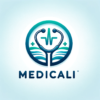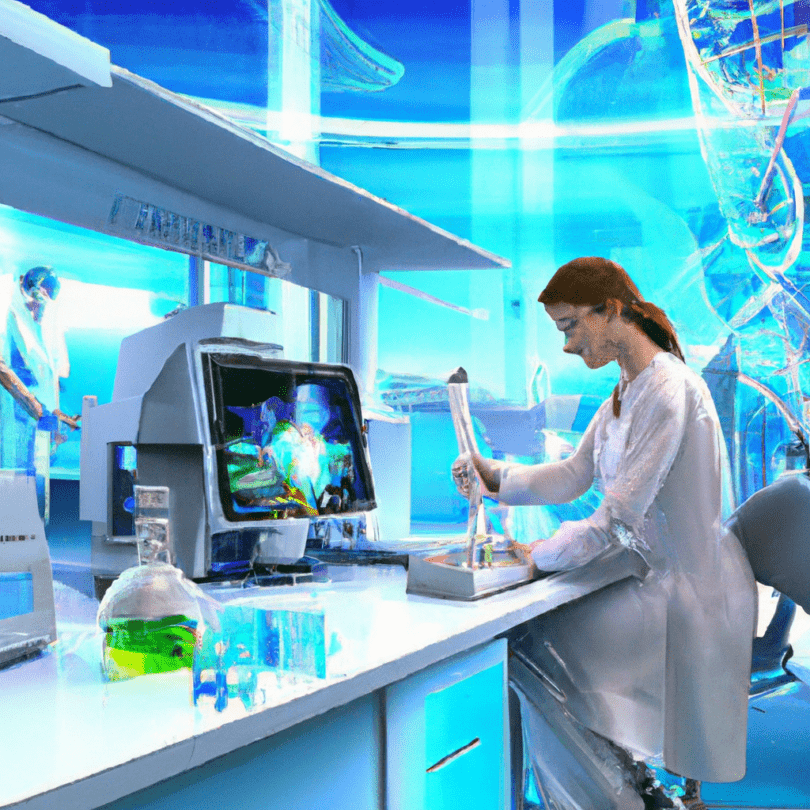In the constantly evolving field of medicine, breakthroughs in technology and research are reshaping the way we diagnose, treat, and prevent diseases. One such advancement that holds tremendous potential is tailored diagnostics, a groundbreaking approach that aims to provide personalized medical solutions to each unique patient. This emerging trend has the potential to revolutionize the healthcare industry and unlock a future of precision medicine.
Traditional diagnostic methods often rely on a one-size-fits-all approach, where patients are subjected to standardized tests and treatments based on general guidelines. However, every individual is unique, and factors such as genetic predispositions, lifestyle choices, and environmental influences can significantly impact their health. Tailored diagnostics aims to take these factors into account and design personalized diagnostics that provide targeted and effective results.
Advancements in genomics, proteomics, and other omics sciences have paved the way for tailored diagnostics. The ability to analyze an individual’s genetic makeup, molecular profiles, and biomarkers has opened up new possibilities for designing precise diagnostic tools. By understanding the intricacies of an individual’s biology, doctors and researchers can develop comprehensive diagnostic tests that detect diseases earlier, identify potential treatment options, and monitor the effectiveness of specific interventions.
One of the key benefits of tailored diagnostics is the potential to detect diseases at their earliest stages. By identifying biomarkers that are specific to certain diseases, doctors can develop diagnostic tools that detect these indicators even before symptoms become apparent. This early detection can significantly improve patient outcomes by allowing for timely interventions and targeted treatments.
Another important aspect of tailored diagnostics is the ability to personalize treatment plans based on an individual’s unique characteristics. By understanding the specific genetic and molecular makeup of a patient, doctors can identify which therapies are most likely to be effective and which may have adverse side effects. This personalized approach minimizes the trial-and-error aspect of traditional medicine, ensuring that patients receive the most suitable treatments from the start.
Furthermore, tailored diagnostics can help optimize the use of existing treatments. By identifying biomarkers that predict treatment response, doctors can tailor therapies to maximize their effectiveness. This not only improves patient outcomes but also reduces healthcare costs by minimizing unnecessary treatments and side effects.
While the potential of tailored diagnostics is vast, there are still challenges that need to be addressed. The collection and analysis of large amounts of patient data require robust data management and analysis systems. Integrating these technologies into clinical practice and ensuring their accessibility to all patients also pose challenges. Additionally, ethical considerations, such as patient privacy and consent, need to be carefully addressed to build public trust and facilitate the widespread adoption of tailored diagnostics.
In conclusion, tailored diagnostics hold immense promise for the future of medicine. By recognizing and addressing individual variations, we can move towards a more precise and personalized approach to healthcare. The potential benefits of early disease detection, personalized treatment plans, and optimized therapies make tailored diagnostics an exciting field that is likely to revolutionize healthcare. As technology and research continue to advance, unlocking the potential of tailored diagnostics will bring us closer to a future where each patient receives the personalized care they deserve.

